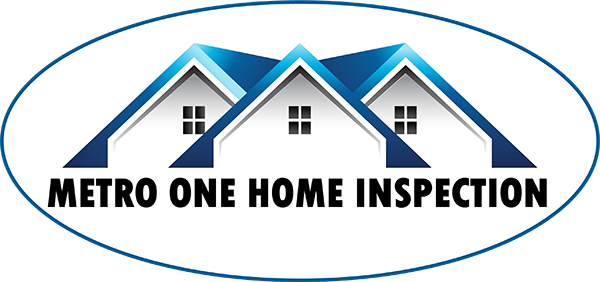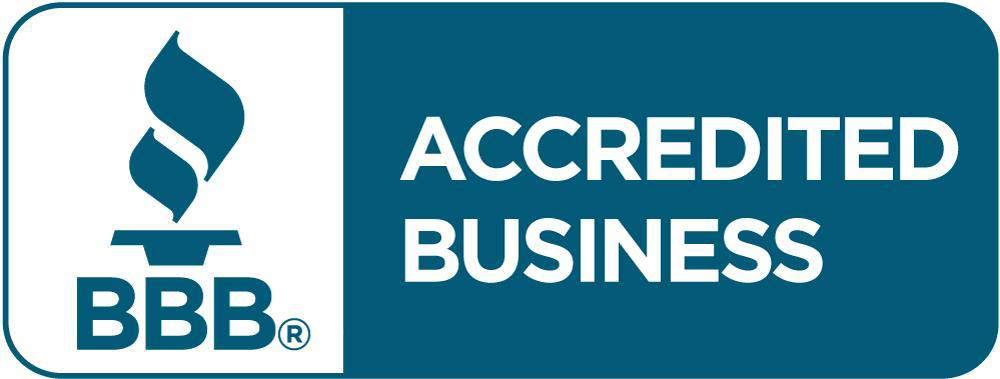Ensure Your Home in Cleveland, MO is Safe from Radon with Metro One Home Inspections!
What is Radon and Why Should You Care?
Radon is a Cancer-Causing, Radioactive Gas
Radon is a naturally occurring radioactive gas that forms from the decay of uranium in soil, rock, and water. It's invisible, odorless, and tasteless, making detection impossible without proper testing. Long-term exposure to elevated radon levels is the second leading cause of lung cancer in the United States, responsible for approximately 21,000 deaths each year, according to the Environmental Protection Agency (EPA).
The Importance of Radon Testing in Cleveland, MO
In Cleveland, MO, radon can seep through cracks in foundations, walls, and other openings in homes and buildings. Testing for radon is crucial to ensure your home is safe and to protect your family’s health. Radon testing in Cleveland, MO is the only way to determine if your home has elevated radon levels.
Why Choose Metro One Home Inspections for Radon Testing and Mitigation?
At Metro One Home Inspections, we provide top-notch radon testing services using professional, calibrated Sun Radon machines. Here’s why you should choose us:
- Advanced Equipment: Our Sun Radon machines are highly accurate and reliable, calibrated by Sun Nuclear annually to ensure precise measurements of radon levels in your home.
- Experienced Professionals: Our team of certified radon testers and mitigators have extensive experience and are trained to use the latest technology effectively.
- Comprehensive Services: From initial testing to complete mitigation, we provide end-to-end services to ensure your home is radon-free.
- Customer Satisfaction: We prioritize your safety and satisfaction, offering reliable and prompt services tailored to your needs.
Understanding Your Radon Test Results
Radon levels are measured in picocuries per liter of air (pCi/L). The EPA recommends taking action to reduce radon levels if your home’s level is 4 pCi/L or higher. Here’s what to do based on your test results:
- At or above 4.0 pCi/l (148 Bq/m3): Corrective measures to reduce exposure to radon gas are strongly recommended (ANSI MAH2014).
- Between 2-4 pCi/l (74-148 Bq/m3): Consider mitigation or periodic retesting as indoor radon levels vary by season and weather conditions.
- Below 2 pCi/l (74 Bq/m3): Consider bi-annual retesting or whenever significant changes to the home structure or mechanical systems occur.
Radon Mitigation in Cleveland, MO
If your home tests above the recommended radon levels, effective mitigation methods are available:
- Subslab Suction: This technique involves drilling one or more holes through the slab floor and extracting the radon gas from beneath the home. A fan and vent pipe system draw the gas away from the house.
- Drain-Tile Suction: Utilizes the existing drain tiles or perforated pipe around the foundation. This method is effective for homes with basements or crawlspaces, capturing radon before it enters the home.
- Sump-Hole Suction: In homes with sump pumps, this method uses the sump hole as a collection point for radon gas. A fan and vent pipe system draw the gas from the sump hole and expel it outside.
- Block-Wall Suction: Ideal for homes with hollow block foundation walls. This technique involves depressurizing the block wall and venting the radon gas outside.
How Often Should I Retest Radon Levels?
- At or above 4.0 pCi/l (148 Bq/m3): After implementing corrective measures, retest within a few months to ensure the measures are effective. Retest radon levels annually.
- Between 2-4 pCi/l (74-148 Bq/m3): It is recommended to retest radon levels annually.
- Below 2 pCi/l (74 Bq/m3): It is recommended to retest radon levels every two years.
Ensure your home in Cleveland, MO is safe from radon. Take action today with Metro One Home Inspections!

